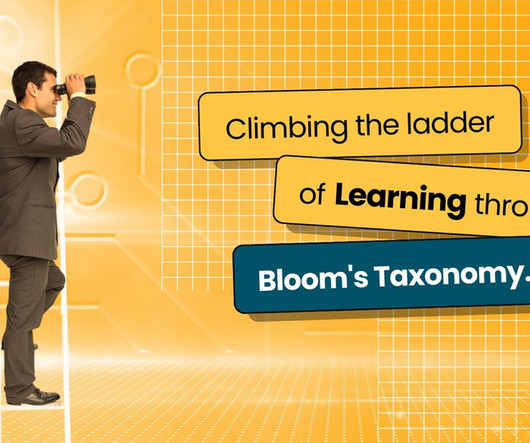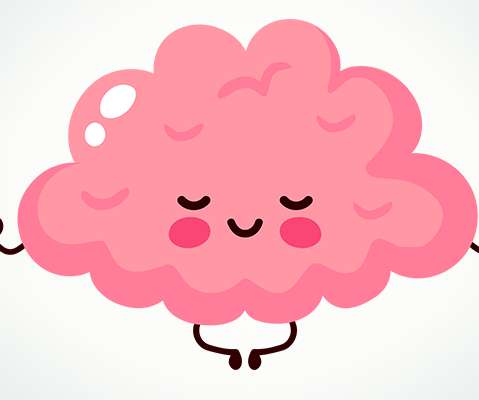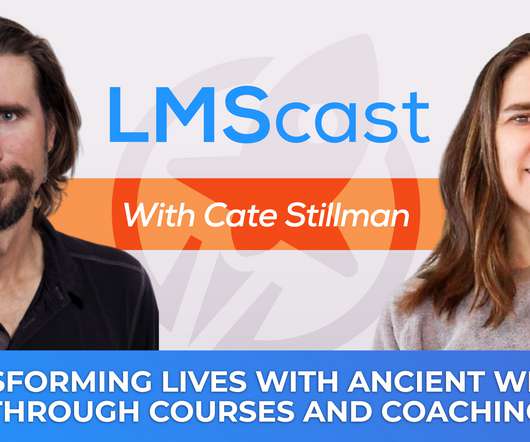Getting Into the Flow: How Casual Games Increase Learning Engagement
Axonify
SEPTEMBER 2, 2016
To make things more frustrating, games like Pokémon Go have captured the imagination and energy of millions of individuals. One route is to let employees play games. Not multi-hour role-playing games, for instance, but casual, quick games that take place over a few moments. Think Candy Crush, Breakout or Angry Birds.






























Let's personalize your content